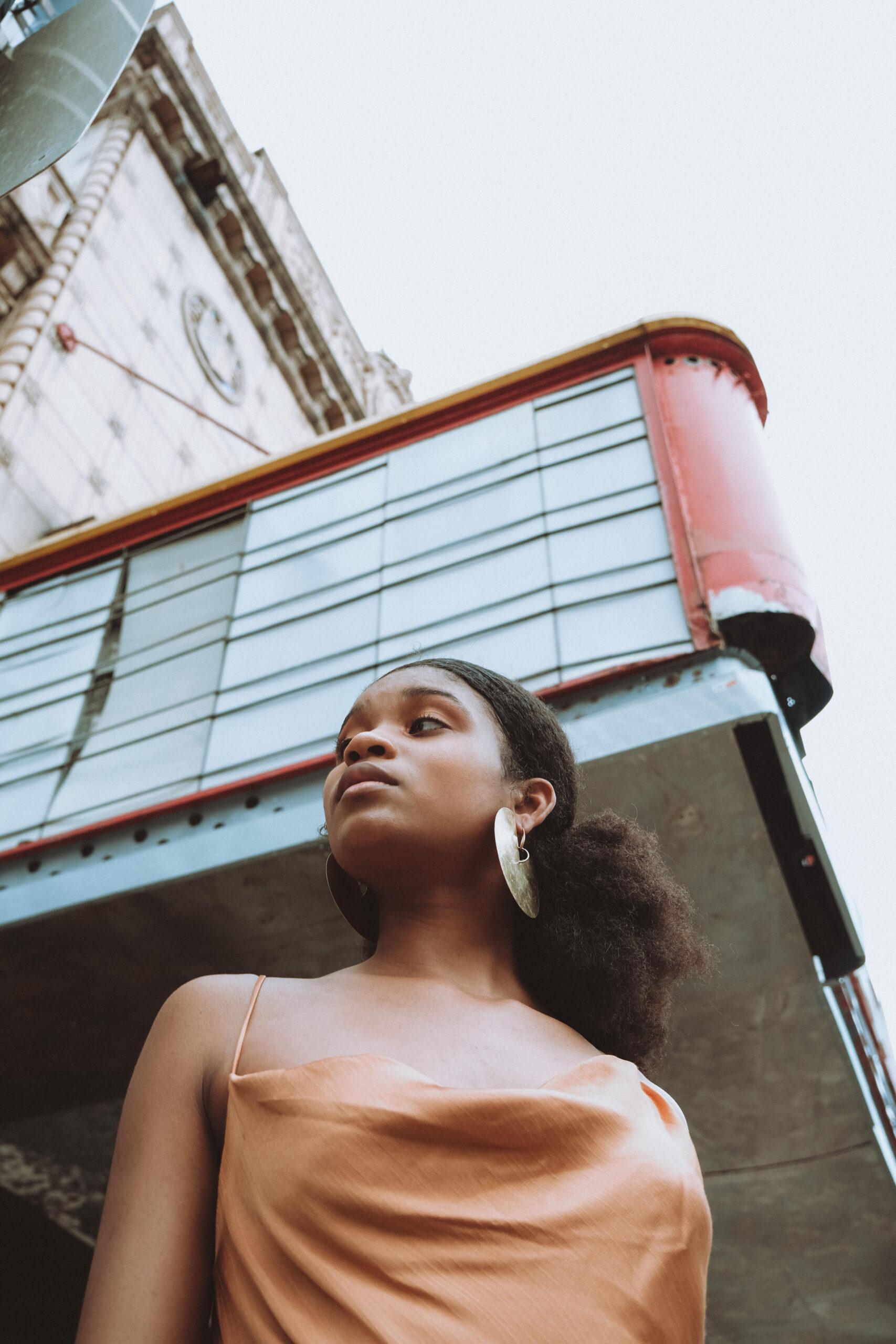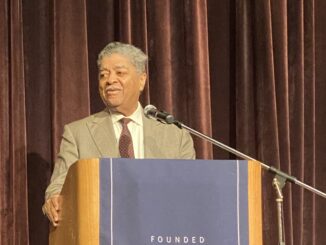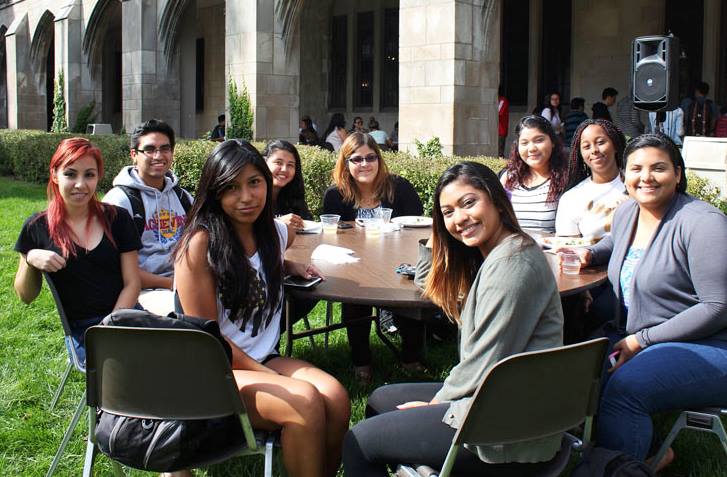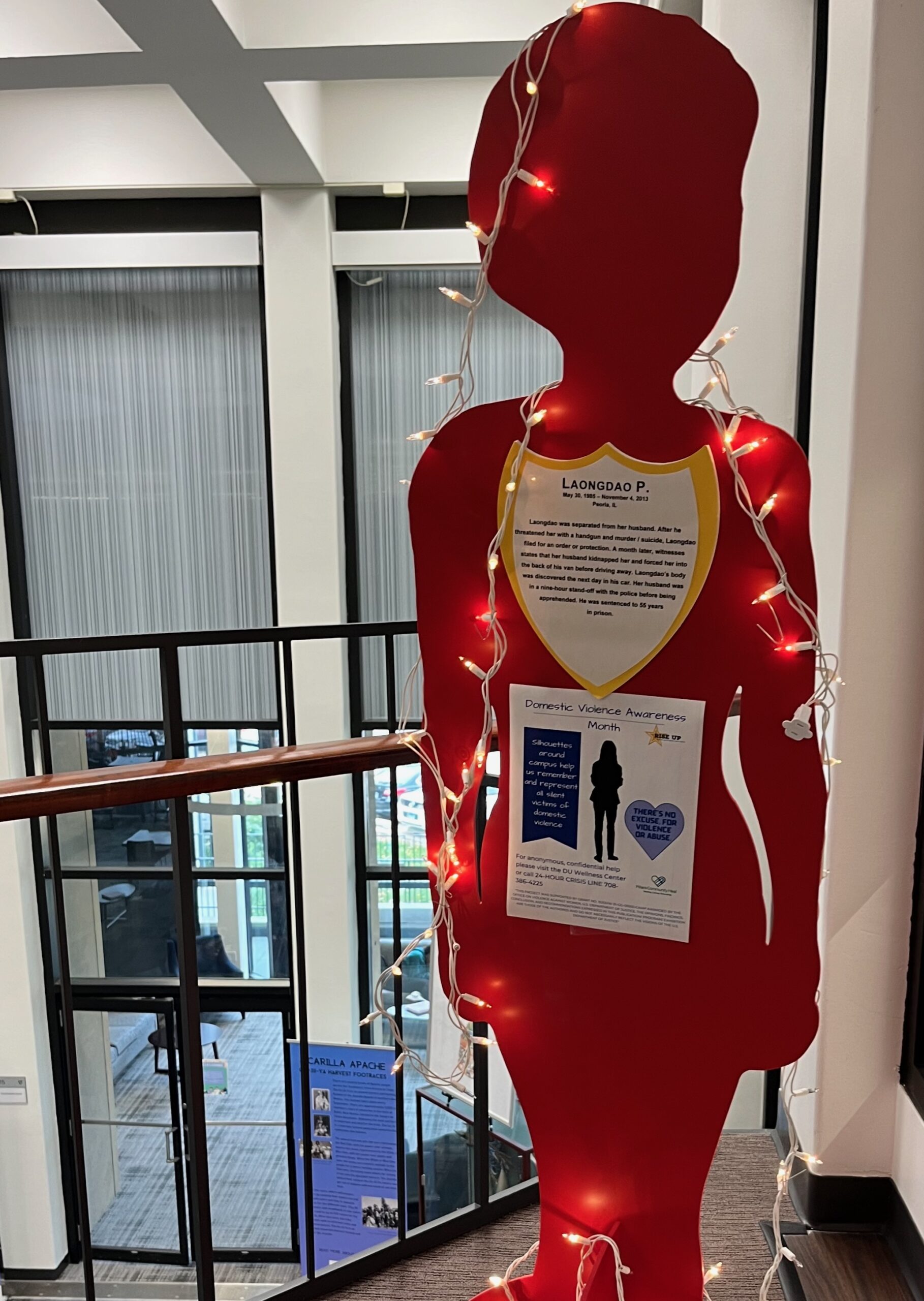
Chloé Cabrales
Staff Writer
AfroLatino is far from being a new term. Yet even now, the understanding of this identity tends to occupy an uncomfortable middle ground. Being AfroLatino is a matter of recognizing the idea that Blackness and Latinidad are mutually related and understanding that our stories cannot be checked into boxes.
As an AfroLatina, coming from a Puerto Rican, Argentinian and Mexican background, I have witnessed the divide and my experiences warrant constant need of proving to others who and what I represent. The truth is the AfroLatino perspective is commonly overshadowed within Latinx communities and Dominican University is no stranger to this.
Precious Porras, vice president for diversity, equity and inclusion, says, “The voices of AfroLatino students are not being amplified. As a Hispanic Serving Institution (HSI), Dominican is stuck in this idea that Latinx folks are monolith and there is no truth to that. Latinx folks come from a wide variety of cultures, places and experiences.”
Porras goes on to explain that, upon arriving here, she came here with an understanding of working for an HSI, but soon found out that “We are not really creating spaces where our students of color can thrive. We need to meet where our students are at and understand what they bring to Dominican.”
Despite this, the Center for Cultural Liberations is doing a good job in recognizing and highlighting different Latinx cultures during Hispanic Heritage month such as the current setup they have in the social hall that highlights AfroColombian culture, Porras continues to add.
While steps are being made in the right direction, it is still a long way to go. Dominican is far from perfect, but it is important to note that “We are doing the work and more work is coming,” says Jamal Patterson, assistant director CCL/Black and African American Student Support coordinator.
Estevan Montano, Dominican University librarian and proud indigenous Latino, says: “Our campus is still growing. There are a lot of opportunities that we can take advantage of for experiencing educational purposes. And part of this is understanding that “We need to highlight and celebrate the intersectionality of Latino communities. To go beyond that celebration and create actions, whether it’s policy changes or celebrating holidays and to highlight that we exist.”
“We have a common story of language and experience that brings us all together,” Montano says.
We need to continue to build our community and relationships to make our spaces feel more inclusive. It is important to make our students feel supported no matter what background they come from so that no voice is left silenced.
ccabrales@my.dom.edu




1 Trackback / Pingback
Comments are closed.